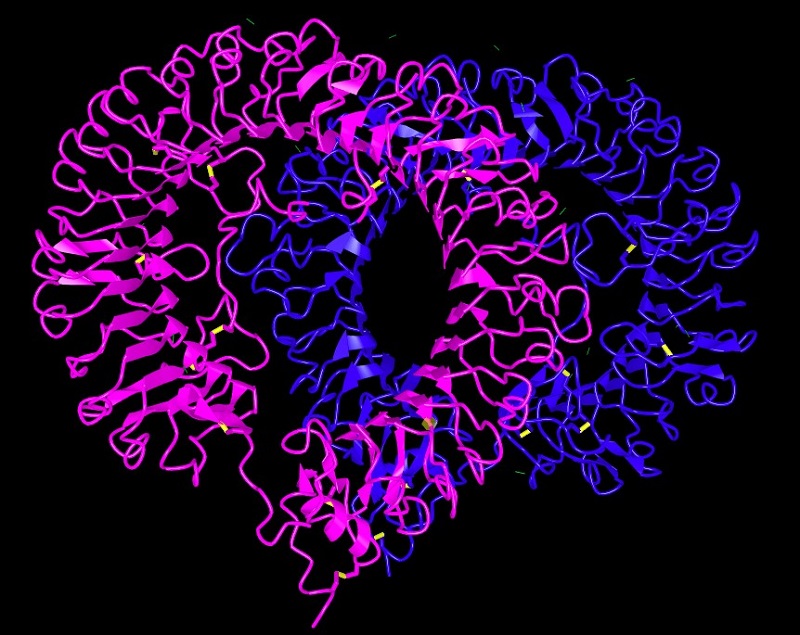Researchers in the Netherlands studied 2 families with male adult children that developed severe COVID-19. By sequencing the genes of the brothers who became sick, the researchers found mutations that disabled the production of a protein called toll-like receptor 7 (TLR7). TLR7 is a receptor that is present on immune cells, especially those in the lung and skin. When these immune cells take up viral particles or debris from infected cells, this receptor becomes activated by viral RNA and stimulates the production of antiviral proteins. Without this receptor, these immune cells do not respond properly to viral RNA, and the cells do not produce key antiviral proteins called interferons.
Also of Interest
Interferon Responses Could Explain Susceptibility to Severe COVID-19

